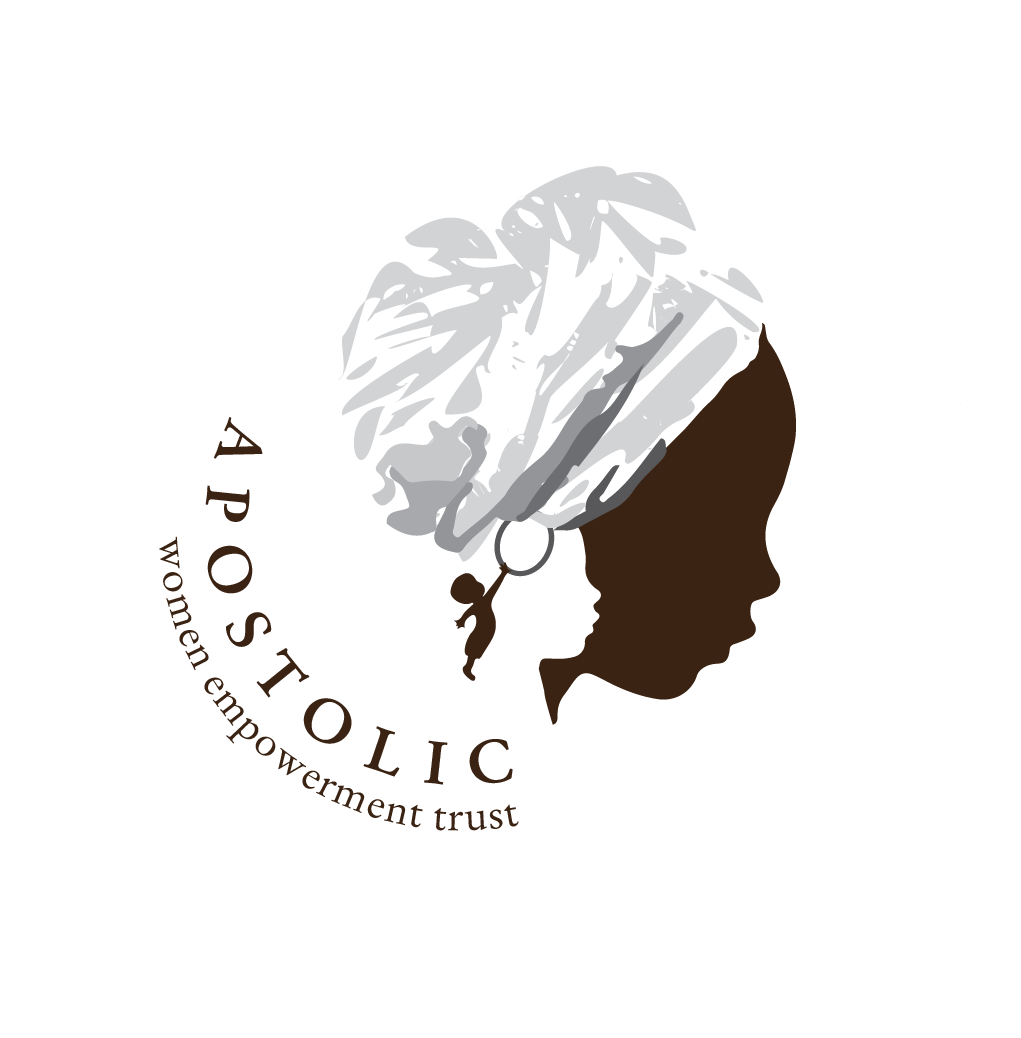16 Days Activism
The 16 Days of Activism against Gender-Based Violence is an international civil society led campaign that takes place each year. It commences on 25 November, the International Day for the Elimination of Violence against Women, and ends on 10 December, Human Rights Day, indicating that violence against women is the most pervasive breach of human rights worldwide. It was originated by activists at the inaugural Women’s Global Leadership Institute in 1991. It is used as an organizing strategy by individuals and organizations around the world to call for the prevention and elimination of violence against women and girls (VAWG).
In support of this civil society initiative, under the leadership of the UN Secretary-General, António Guterres, the United Nations Secretary-General’s UNITE by 2030 to End Violence against Women initiative (Unite) calls for global action to increase awareness, galvanise advocacy efforts and share knowledge and innovations to end VAWG once and for all. Launched in 2008, Unite is a multi-year advocacy effort aimed at preventing and eliminating VAWG around the world. Unite calls on governments, development actors, civil society, women’s
organizations, young people, the private sector, the media, and the entire UN system to join forces in addressing violence against women and girls.
Violence against women and girls remains one of the most prevalent and pervasive human rights violations in the world. Despite many countries passing laws to combat violence against women, weak enforcement and discriminatory social norms remain significant problems. Globally, an estimated 736 million women almost one in three have been subjected to physical and/or sexual intimate partner violence, non-partner sexual violence, or both, at least
once in their life. Violence against women has been heightened across different settings as well, including the workspace and online spaces. A global study by the Economist Intelligence Unit found that 38 per cent of women have had personal experiences of online violence, and 85 per cent of women who spend time online have witnessed digital violence against other women. A global study on women working in the technology sector found that 44 per cent of women founders had experienced some form of harassment at work in 2020, of which 41 per cent of women experienced sexual harassment.
Furthermore, the COVID-19 pandemic, drug and substance abuse, cultural norms, conflicts, and climate change have further intensified VAWG, exacerbating existing challenges and generated new and emerging threats. Economic insecurity, disrupted livelihoods and limited social protection continue to increase women’s and girls’ vulnerability to violence5. According to the Rapid Gender Assessment surveys (RGAs) on the socioeconomic impacts of COVID-19 conducted by UN Women in 58 countries, 45 per cent of women reported that they or a woman they know has experienced a form of VAW since COVID-19. Following Hurricane Katrina, the rate of rape among women displaced to trailer parks rose 53.6 times the baseline rate in Mississippi for that year.
Violence negatively affects women’s physical and mental health and well-being at all stages of their life and impacts their professional development and economic empowerment. Violence against women has also broader social and economic consequences for families, communities, and societies9 and impedes the achievement of sustainable development. Additionally, New IMF research in Sub-Saharan shows how violence against women and girls is a major threat to economic development in the region. An increase in violence against women by 1 percentage point is associated with a 9 per cent lower level of economic activity. At the global level, it is estimated that the cost of violence against women (public, private and social) amounts to US$1.5 trillion11. Across the European Union, the cost of gender-based violence is estimated at €366 billion a year, where violence against women makes up 79 per cent of this cost, amounting to €289 billion.

AWET’s objectives is to:
- Strengthening laws on GBV through awareness raising. (Know the law sessions)
- Scaling up evidence -driven prevention programming. (Documentation)
- Scaling up comprehensive, accessible, and quality services for survivors. (through establishing a ONE STOP Centre for hiv tesing, family planning ,pss address taboos linked to drug abuse, leading to exploitation of women and girls etc)
- Increasing support and resources to autonomous girl-led and women’s groups to play their leadership role in ending violence and creating a platform for meaningful involvement of women in social and economic spheres that affects their lives (ISOP model capacitating them on life skills i.e., carpentry, timber production to reduce the GBV cases).
Through this AWET was able to:
- Increase the number of Apostolic women and girls empowered financially and socially.
- Increase knowledge on GBV prevention within the Apostolic community.
- Increase the number of people conscientized on laws against VAWG.
- Increase the number of people accessing health services.
This was achieved through activities such as:
- GBV expo- (High volume event)
• edutainment,
• sporting activities ie ball games, tag of war, prize giving).
• Establishment of a One stop centre HIV, Family planning, cervical cancer screening, condom distribution for Apostolic men, women, and girls. - Radio /Tv Programmes-Doing podcasts on Tv, raising awareness on GBV
- Supporting of ISOP Groups. Increasing support and resources to autonomous girl-led and women’s rights organizations to play their leadership role in ending violence against women and girls. Initiating income generating projects through introducing the ISOP Model, ie Apostolic women and girls engaging in baking and detergents making (life skills).• Creating market linkages for the Apostolic women in the ISAL groups.• Revolving funds -GBV emergency funds in Shurugwi for increasing the income base of Apostolic women and girls) this reduces the dependency syndrome that is leading to an increase in GBV cases. (procurement of sewing material, seeds).• Apostolic women to show case their products.
- Documentation-
• Gbv Survivors to unveil their experiences (women ang girls between 10 to 50 yrs old).


